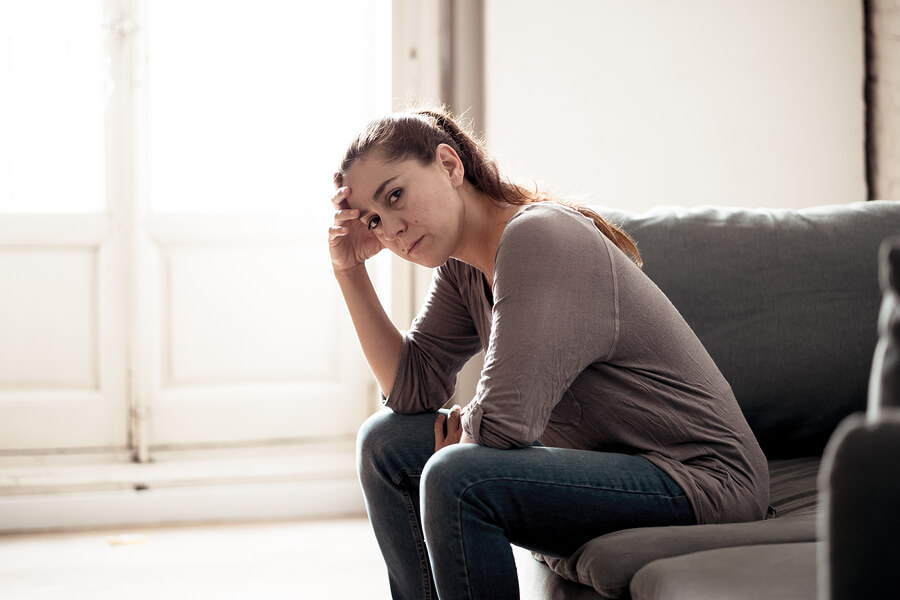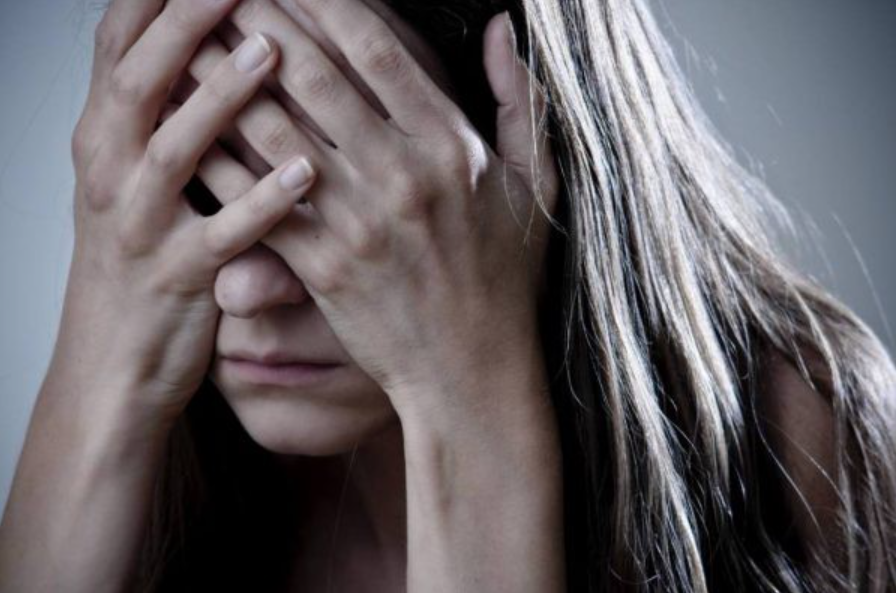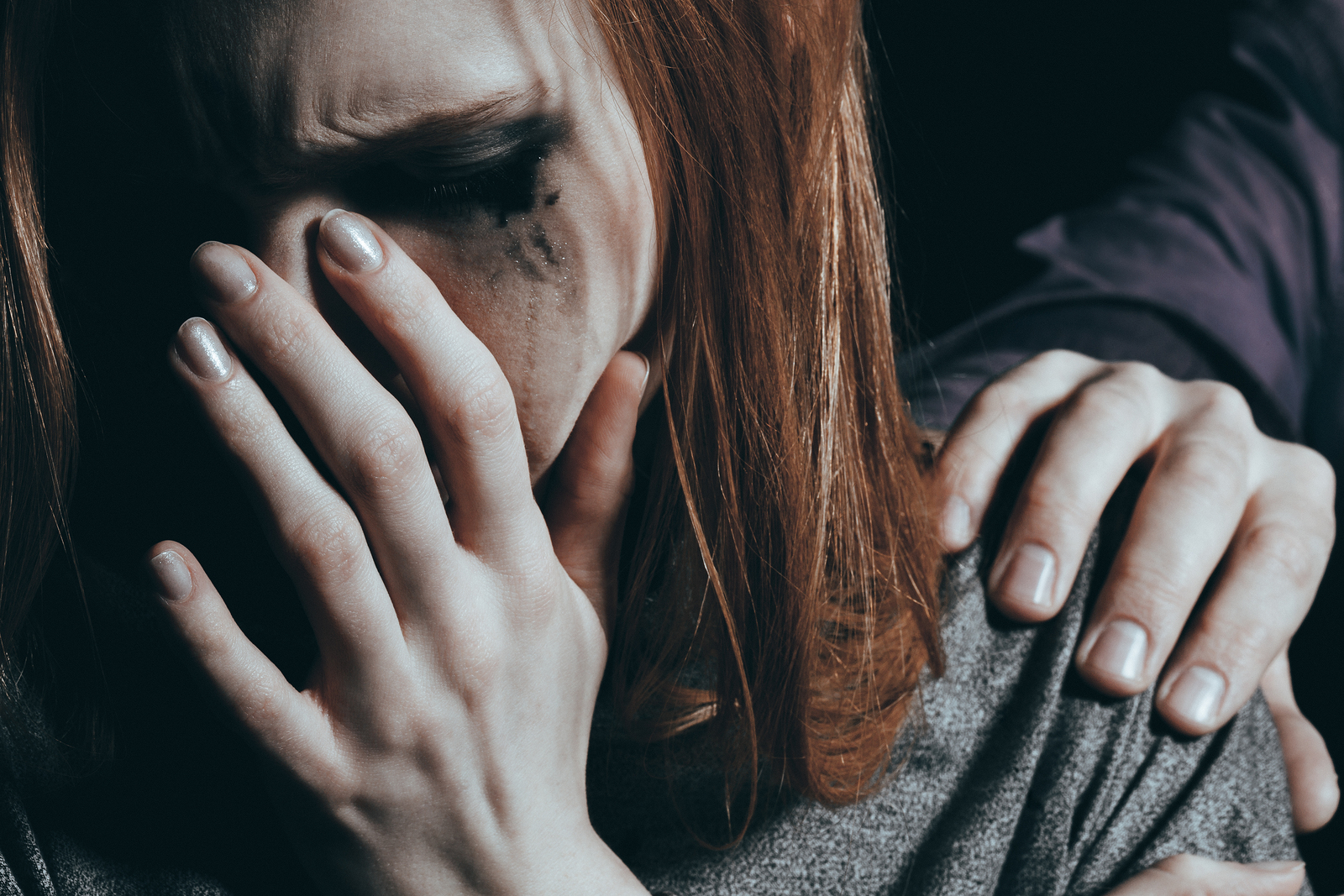The cycle of addiction is a dangerous process that may lead a person to become an alcoholic or a drug addict. The cycle begins as a result of an activating event. The said event can be minor or major. A minor activating event might be stubbing a toe, getting a bad grade on a test while a major activating event can be the death of a loved one, a breakup or losing a job, etc. This event is then followed by an uncomfortable feeling that can be anger, sadness, frustration, or any other adverse emotional state. These negative feelings make the person want to escape from the situation and they proceed to cope with their feelings in different ways. Some people may channel their feelings in a relatively positive manner like doing boxing, exercise, gardening, listening to music, etc. while some others may use negative methods to cope.
These maladaptive behaviors can be isolation, excessive eating habits, getting into fights and these behaviors are usually learned in childhood. These behaviors provide temporary relief which is why some people may eventually turn to use drugs and when they are used excessively for a long time, they pose serious negative effects on the body. These negative consequences will affect the person’s life severely in such a way that if things get out of hand, he may end up losing his family, his jobs, and even his physical and mental stability.
The loss of important things in his life will again become an activating event and the cycle will keep continuing in a loop until and unless he gets a moment of clarity or someone else decides to set him on the right path and the addict agrees to get help and become a healthy individual again. He will, then, get admitted to a treatment center where the doctors and the medical staff will help them set his life back on track in a comfortable, safe, and nurturing environment. Browse this site.
How does relapse happen and how can it be prevented?
Relapse is the condition where a previously sick person becomes sick again after receiving treatment and becoming healthy. In the case of an addict, relapse is the falling back into the old patterns of drug abuse or alcohol abuse in a moment of weakness. A previously addicted person is always in danger of relapse. If any bad thing happens to him, it may act as an activating event but it is important to note that relapse does not happen abruptly, rather it is a gradual process. It can start without the conscious knowledge of the person, its onset might be weeks or even months before the convalescent eventually uses drugs or consumes alcohol again. Relapse happens in three stages that are described below:
1. Emotional relapse

Source: silvermaplerecovery.com
The key point about emotional relapse is that the convalescent is not consciously thinking about using the substance again. However, all of his emotions and behaviors can contribute to the onset of a potential relapse. This is why it is important to learn what the early warning signs of the relapse process are, as some people are even in denial of being in relapse because they are not even thinking about using. If these signs are learned and diagnosed early on in the relapse process then relapse can be prevented. These signs may include bottling, or hiding emotions, focusing on other people instead of himself, isolating himself from society, refraining from asking for help, or sharing problems, erratic eating and sleeping habits, mood swings, and irritability. The most important thing at this time is self-care.
2. Mental relapse

Source: medium.com
If a person goes through emotional relapse for a long time, he may become extremely irritable, or even feel uncomfortable in his skin which may lead him to think about using just to escape this condition. This is what moves him from the stage of emotional relapse to mental relapse. He might think that he will use it just one time to escape and then he will stop again but this is not as easy as it seems. A constant struggle goes on in his brain when a part of him wants to use it again while the other part wants to remain sober.
A convalescent may occasionally think about using but it is still a warning sign that should be addressed. Some of the signs of this stage include thinking about those people, or places that were part of the experience of his addiction, he may minimize the consequence or effects of using in his mind, lying to himself or others, seeing other people using drugs, and eventually, when things get out of hand, he begins to look for opportunities or plans a situation where he may get a chance to use the substance again without getting caught by someone.
It is important to think about the dire consequences if a person wants to use it again. He should think about all the precious things he stands to lose including his health and his family. Moreover, he would have to go through significant despair and hopelessness because once he starts to use again, it would not end after just one dose. After all, he would want to use it again and again. He can distract himself with a hobby or go for a walk, if he waits it out, he will discover that sometimes cravings tend to last for a short while. In this way, he can prevent himself from relapsing. He can also ask his loved ones for help.
3. Physical relapse

Source: silvermaplerecovery.com
If the convalescent does not take care of himself during mental relapse and does not ask for help or talks about his cravings, then his thoughts will keep becoming stronger and finally, there will come a time when he will give in to those cravings, use drugs again and then the addiction will take him to a worse place than before. It is often more difficult to go through recovery after a person goes through a relapse.

